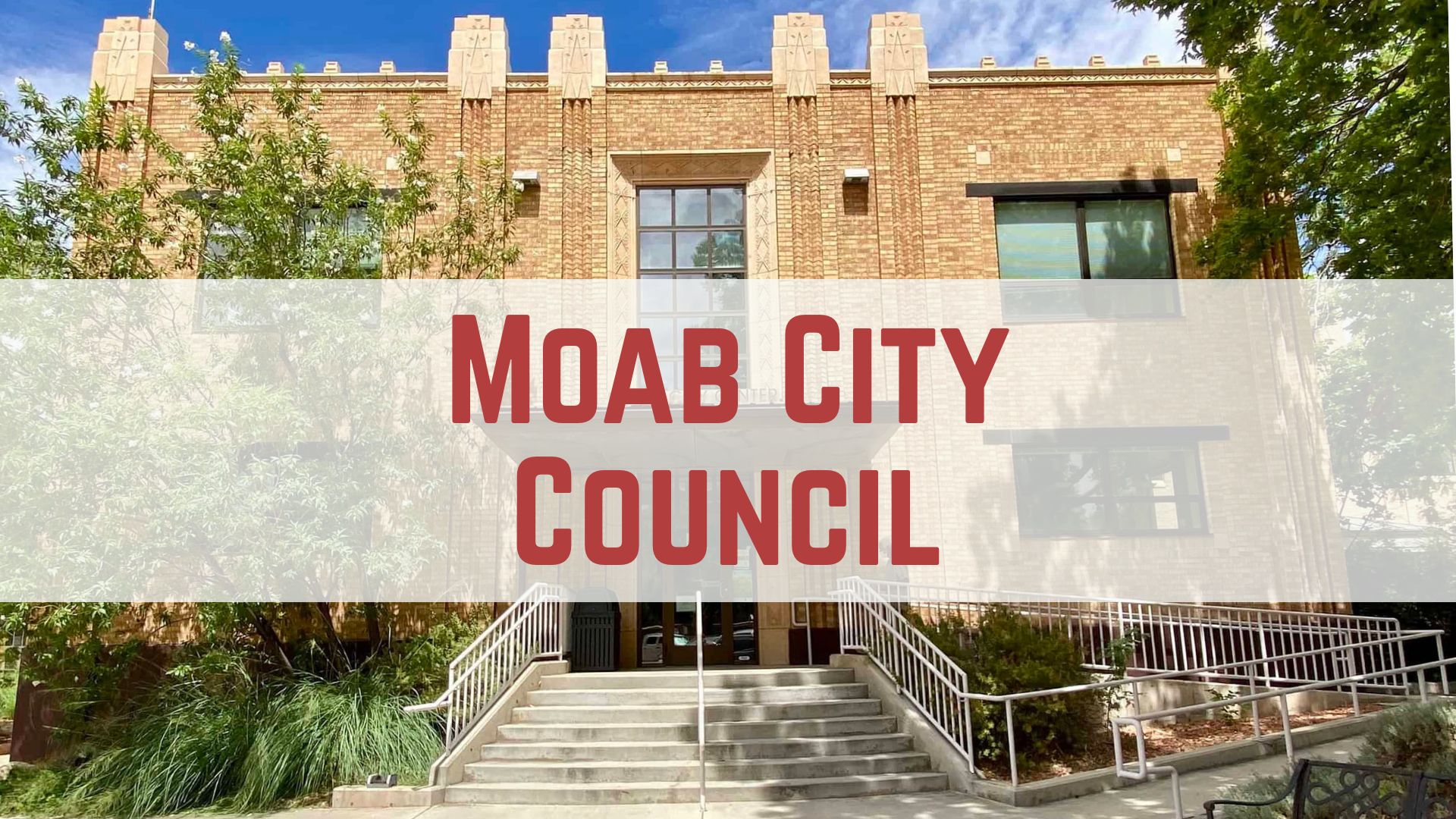Some information may be outdated.
A substantial fraction of Moab’s workforce doesn’t have a conventional place to live. Many live in vehicles or trailers, camped on public land or illegally in town. Community leaders both within and outside government have been looking for ways to alleviate the housing crisis, and there has been progress, but officials recognize that there are still many vital community members in immediate need of housing relief. Without standard housing available, one approach could be temporarily legitimizing unconventional housing.
Ideas like designating a parking lot for “vanlifers” or creating RV camp parks restricted to Grand County workers have been raised many times over the last several years, but they didn’t receive priority until this spring, when complaints about a group of employees of the guide company Navtec illegally living on a private parcel in town prompted county staff to focus on solutions for workers without access to traditional housing.
Grand County Planning and Zoning staff have been working on a new section of code creating a “Temporary Dwelling Permit” that would outline a path for temporary workforce housing or camping. In early discussions, the permit was envisioned as being a temporary stop-gap to legitimize existing instances of illegal workforce camping while the county created code to allow for more permanent workforce camp parks, and those camp parks could be built.
However, at their June 29 meeting, planning commissioners leaned towards a slightly different approach. Property owners that are currently hosting illegal housing situations, such as the Navtec property, could get extensions on voluntary code compliance orders while the county crafts an ordinance allowing more established workforce campgrounds with full service water and sewer; once the code is approved, employers would be expected to start working towards a more permanent solution to housing that complies with health codes. The Navtec property already has an extension into October for code compliance.
A Land Use Steering Committee, composed of county staff, elected officials, and representatives from the Southeast Utah Health Department, met recently to discuss the idea of the temporary dwelling permit. County leaders are trying to strike a balance between helping workers with housing as quickly as possible, while still ensuring that public health and safety standards, as well as the dignity of community members, are protected.
“We are aligned around the outcomes that we recognize as necessary and critical in the county,” said Emily Campbell, chair of the Grand County Planning Commission, summarizing the steering committee discussion at a June 27 Planning Commission meeting. That includes solutions, she said, for people who are displaced from their housing; people who can’t afford to purchase or rent housing or simply can’t find a place available; and people who only need housing for a short period of time, such as seasonal workers or people temporarily acting as a caretaker for a sick family member.
“The discussion was aligned around outcomes and need, but recognized that a lot of these already have some version of a solution that is codified or isn’t obvious,” Campbell said. For example, there’s already a codified way for people building their homes to get a permit to live in a trailer on their property during construction. That provision could be revised to apply to some other situations. There is also an allowance in current code for employers to have up to five employee housing units, which could be RVs, on the business property.
“There also was some concern about separating the need to find housing solutions for people who are in bad or temporary situations and still maintaining our necessary code standards related to things like wastewater management and flood channel risk,” Campbell said.
Health and building officials are wary of allowing waste management strategies that would require frequent monitoring by staff to ensure compliance. They said there have been instances of illegal waste dumping in the past. Even if campers are required to dump their blackwater in certain places on a certain schedule, there’s no practical way to ensure that’s happening. There are also scenarios that may work fine some of the time, but are against code because of the risks they present. The property where Navtec employees have been camping, for example, is in the floodplain, making the portable toilet on site against code—during an extreme flooding event, waste from the unit could get washed into a public waterway.
In addition to concerns about permitting nonstandard waste management strategies, some planning commissioners said the temporary dwelling permit idea felt a little like “kicking the can down the road,” and they preferred a more immediate push toward established workforce campgrounds.
By extending code compliance deadlines and creating a new pathway for affordable but healthy and safe living situations, officials are still allowing people currently in those situations to continue getting by, but they’re trying to put some pressure on employers and housing providers to take advantage of new and existing housing avenues opened in county code.
Appreciate the coverage? Help keep local news alive.
Chip in to support the Moab Sun News.




